Social Issues addressed by Sumitomo —Compass for the Future—
Contribute to achieving a decarbonized society by remodeling houses
Seismic reinforcement and thermal insulation retrofitting for safe and secure housing, providing peace of mind for years to come
 Decarbonization
Decarbonization Resilience
ResilienceAs a comprehensive developer, Sumitomo Realty & Development Group provides social assets and related services, which make up our daily lives and cities, including office building leasing, sales of condominiums, construction of detached houses, remodeling, and real estate brokerage. The Group has been addressing social issues, such as global warming and aging infrastructure, while promoting its business.
Japan’s decarbonization target includes a high target of a 66% reduction of greenhouse gas emissions in the household sector by 2030. Achievement of this target will require promotion of energy saving and energy creation by each household. About 800 thousand detached houses are built each year in Japan, and measures to enhance these new houses’ environmental performance are widely implemented, such as adoption of Net Zero Energy House (ZEH) specifications to achieve houses with net zero annual primary energy consumption.
On the other hand, for housing stock of more than 50 million units, little progress has been made in terms of practical discussions or measures to promote energy saving and decarbonization. In this regard, Sumitomo Realty & Development promotes decarbonizaition by energy saving and energy creation for existing detached houses through Shinchiku Sokkurisan remodeling business.
In the aftermath of the Great Hanshin Awaji Earthquake of 1995 in which people perished owing to the collapse of houses with poor seismic resistance, launch of the Shinchiku Sokkurisan remodeling business was prompted by a desire to make detached houses earthquake-resistant at a lower price than rebuilding. By leaving the principal structural components intact while completely renewing walls, ceilings, floors, and interiors and exteriors, and implementing seismic reinforcement and thermal insulation, Shinchiku Sokkurisan remodeling greatly enhances the performance of existing houses, transforming them into safe, secure, and comfortable homes.

From December 2021 to March 2022, jointly with The University of Tokyo and Musashino University, the Company conducted research to determine the environmental impact reduction benefits of Shinchiku Sokkurisan remodeling. The results of evaluation performed at an actual worksite found that CO2 emissions during remodeling were reduced by 47% compared to rebuilding. Going forward, the Company will verify the performance of existing houses converted to ZEH and Life Cycle Carbon Minus (LCCM) houses by researching on the post-construction benefits of renovation of existing houses in terms of energy saving through thermal insulation and other measures, and the installation of energy creation equipment including solar panels.

In its custom home construction business, Sumitomo Realty & Development is also promoting initiatives of energy creation by solar power. It costs about 2 million yen to install solar panels with 5kw/h capacity and storage batteries for a detached house with a typical floor area, and this large upfront investment has impeded take-up of solar power. In addition, under the existing feed-in tariff (FIT) system, customers will need to maintain the power generation equipment and keep it in good repair from about 10 years after installation. The equipment could be neglected when it malfunctions, and this has been a concern for increasing the total amount of renewable energy generation in Japan. Thus, transitioning to greater reliance on renewable energy has been an uphill struggle in Japan.
In 2021, Sumitomo Realty & Development and TEPCO Energy Partner Group started offering SUMIFU x ENEKARI, a service involving installation of solar panels and storage batteries at a zero initial cost for detached houses newly constructed by Sumitomo Realty & Development. For a fixed monthly service fee, customers can freely use the electricity generated by the solar panels. This service also covers support including equipment repairs and replacements for the entire period of residency. Whereas in August 2021, before the launch of this service, less than 30% of Sumitomo Realty & Development’s customers for custom homes opted to install solar power equipment, in July 2022, following introduction of the service, the proportion doing so had risen to approximately 70%. Since April 2022, SUMIFU x ENEKARI has become available to Shinchiku Sokkurisan remodeling as well. In tandem with high thermal insulation remodeling that contributes to energy saving of existing houses, the Company will promote enhancement of specifications of existing houses for energy saving and energy creation comparable to those of ZEH.
Given that the dearth of sites for solar power generation equipment has become an issue in recent years, SUMIFU x ENEKARI promotes installation on the unused roofs of existing detached houses.
The Company is offering a scheme that not only makes it possible for customers to use attractive solar power generation services with peace of mind but also contributes to increasing the total amount of renewable energy generated by facilitating solar power generation in the home, thereby boosting the effectiveness of the carbon neutrality efforts of TEPCO Energy Partner Group and, by extension, Japan. Sumitomo Realty & Development will continue to promote decarbonization while expanding sustainable initiatives beneficial to all parties involved.


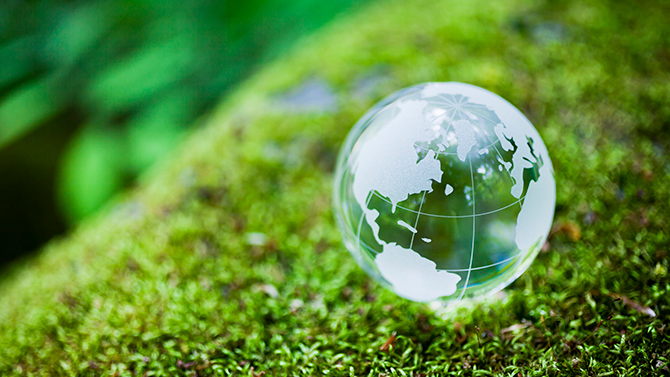
Read about initiatives to achieve a low-carbon society, aiming at net-zero greenhouse gas emissions since these emissions are implicated in global warming.
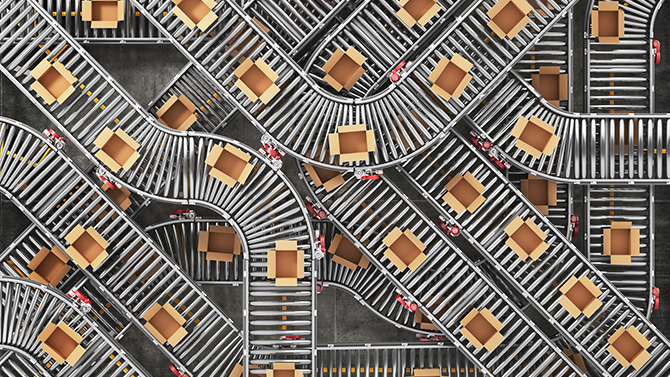
In view of ongoing globalization and the growing complexity of supply chains, companies need to respond appropriately to issues in supply chains.

The pace of workstyle reform is accelerating as the COVID-19 pandemic has prompted numerous companies to embrace novel ways of working.

For companies, the COVID-19 pandemic has brought the crucial importance of employee health into sharp focus.
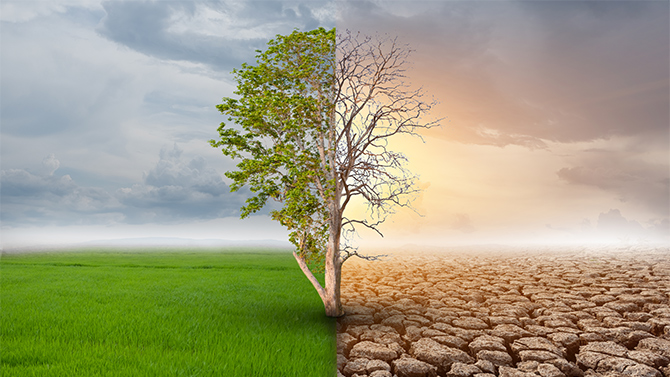
Accelerating global warming poses serious business risks. Accordingly, companies need to formulate strategies and implement specific countermeasures from a medium- to long-term perspective.
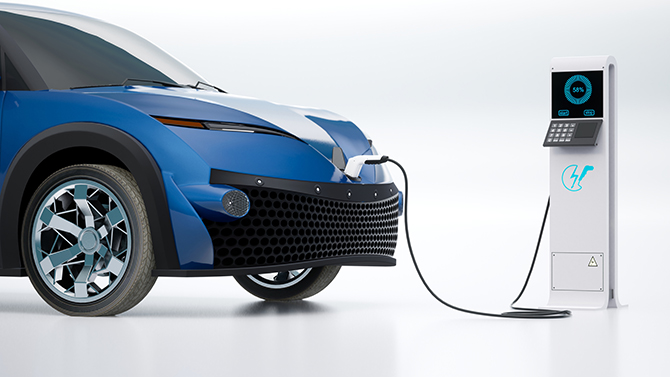
Spurred by efforts to reduce environmental impacts and in line with increasing social needs, replacement of gasoline-powered vehicles with electric vehicles is accelerating.

Vigorous initiatives are afoot to tackle social issues by revitalizing communities and the interpersonal relationships that bind them together.

Poverty persists in contemporary Japan and the existence of child poverty is a grave concern.
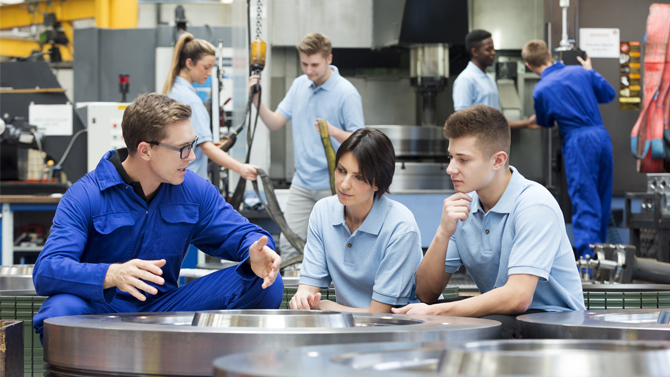
In view of the continuing decline of Japan’s working age population, due to population aging coupled with a low birthrate, development of the next generation is an urgent issue.
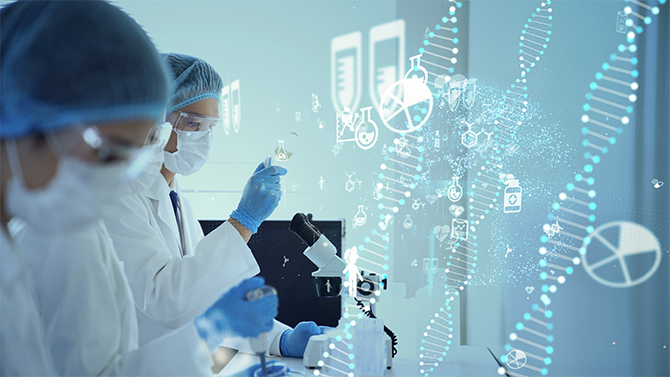
The rapid progress in medicine in recent years is largely due to the efforts of not only universities and other research institutions but also of companies to develop cutting-edge technologies.

Numerous initiatives to promote industry and commerce at the regional and community level are underway, involving the use of renewable energy and thus contributing to decarbonization.

One-third of food produced is lost or wasted globally, amounting to about 1.3 billion tons per year. Food loss and waste is a pressing issue in need of a solution.

Companies are addressing a wide range of issues so that people and companies can coexist in harmony with the global environment.

In addition to natural disasters, there are various types of hazards whose nature, incidence and severity are changing with the times. Resilience and flexibility are indispensable in dealing with them.
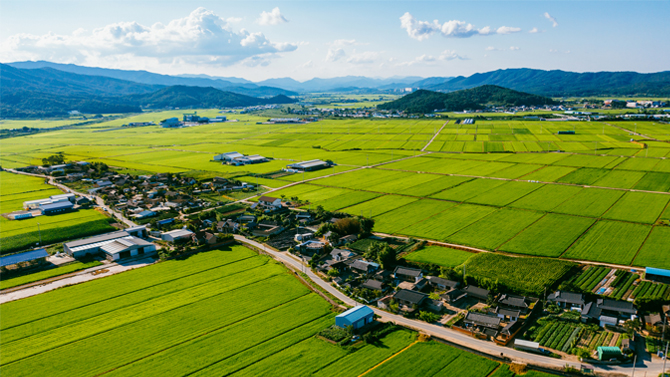
Read about initiatives to achieve sustainable regional revitalization. The attributes and resources that each region can offer are leveraged to strengthen local economies and overcome the problem of population decline.